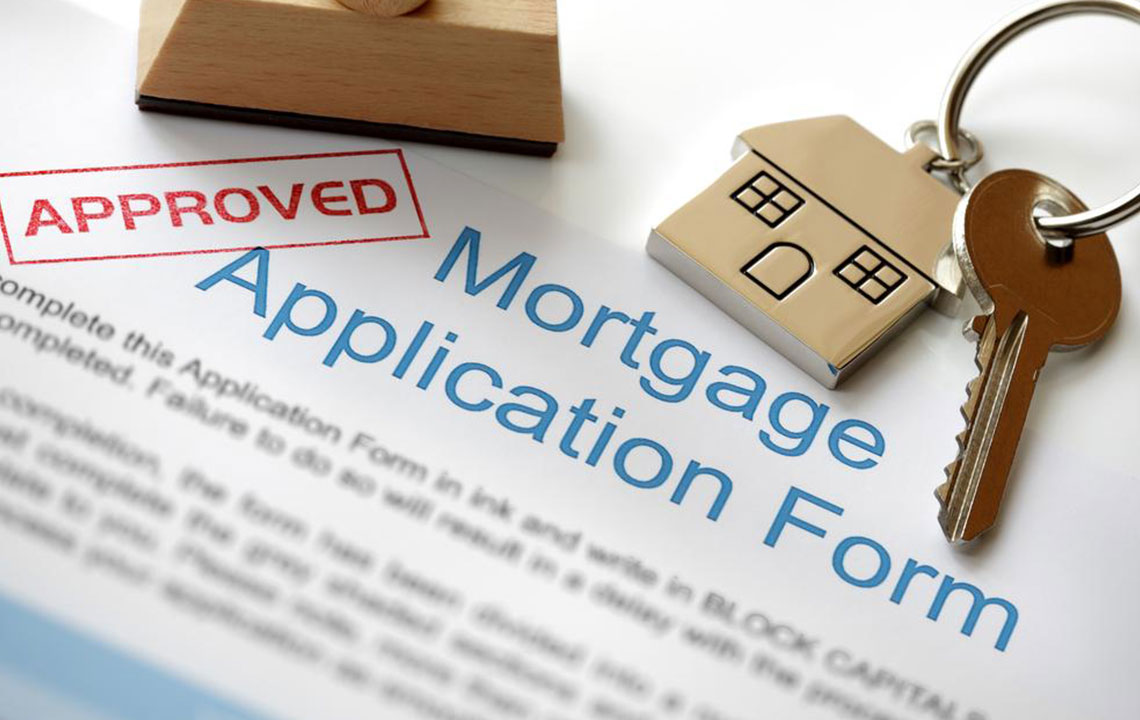Types of Mortgage Loans and Their Features
Explore the different types of mortgage loans, including fixed-rate, adjustable-rate, and government-insured options like FHA, VA, and USDA loans. Learn how these classifications impact interest rates, insurance requirements, and eligibility criteria to help you choose the best mortgage plan suited to your needs.
Sponsored

Different Categories of Mortgage Loans
Mortgage loans come in various forms, each with unique conditions that cater to different borrower needs. Selecting the right type involves understanding factors like interest rates and insurance requirements, as well as considering the approval process duration.
Interest rate structures are a primary classification factor.
Fixed-rate mortgages offer a consistent interest rate throughout the loan’s term, ensuring stable monthly payments.
Adjustable-rate mortgages (ARMs) feature fluctuating interest rates; they are hybrid products where rates change after a fixed initial period.
For example, a 5/1 ARM indicates a fixed interest rate for the first five years, with adjustments happening annually afterward.
Mortgage loans are also classified based on government involvement. FHA, VA, and USDA loans are insured by government agencies, whereas traditional loans lack this backing.
FHA loans, insured by the Federal Housing Administration, require a minimum down payment of 3.5%, though payments may include mortgage insurance premiums.
VA loans offer military service members and their families options for zero-down payments, often with no mortgage insurance costs.
USDA loans target rural low-income residents, supporting those earning below 115% of the area median income.
Fannie Mae and Freddie Mac are government-sponsored entities that buy loans from lenders, then sell them to investors.
Conforming loans meet these agencies' standards, while jumbo loans exceed the set limits and guidelines.






